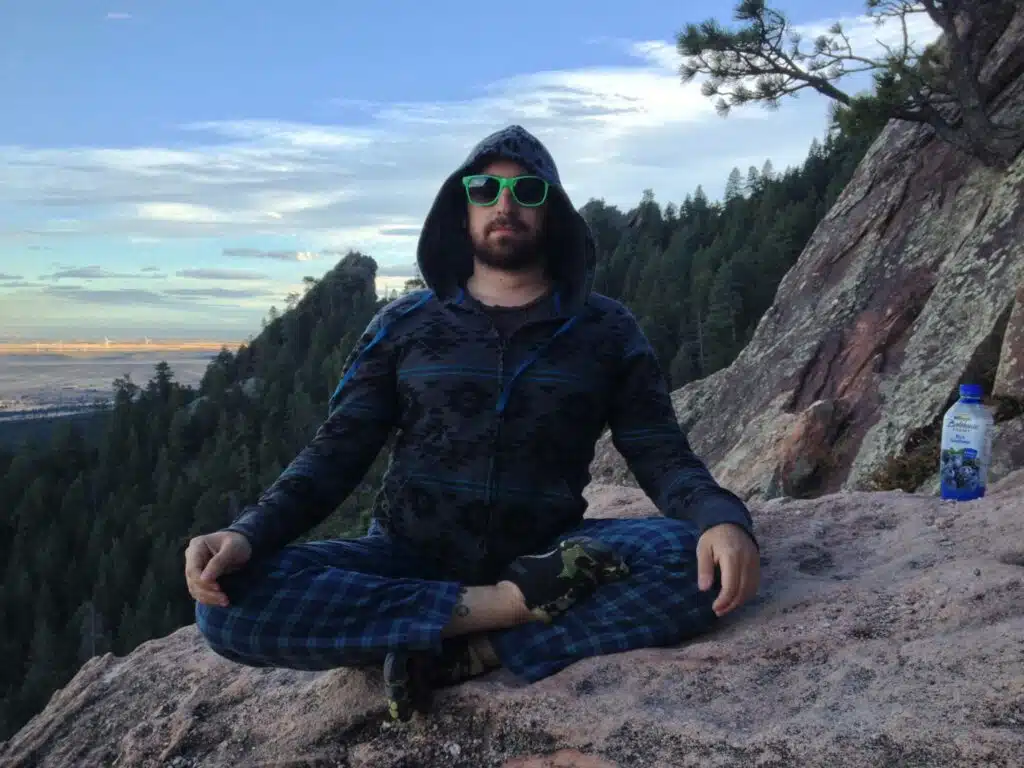
The seven vital attributes that every meditation teacher must have (and how to develop them)
Aspiring meditation teachers often wonder if they’re ready to start teaching meditation as a career.
Is my motivation in the right place? Do I have enough experience to teach? Do I have enough knowledge? Will I really be able to help people, or will I just mess with their heads?
Here are the seven vital attributes that you need to have in place before you start teaching meditation:
1. The right motivation
If your primary reason for wanting to become a meditation teacher is to make money, I would strongly suggest looking into other careers.
While some websites list meditation teacher salaries in the $50k-$150k range, this is not the norm. Many (most?) meditation teachers struggle to make ends meet.
It is much easier to make money in other professions… even if you don’t have a University degree. For example, you might want to look into careers in sales, real estate, funnel marketing, etc.
If, on the other hand, you are mainly motivated by a passion for meditation, a deep appreciation for experiencing life in the present moment, and a desire to help people be happy and awakened through meditation, then you know you’re on the right path.
How to develop it:
- If you don’t have the right motivation, I’m sorry to say it, but there is no way that I know of to fix that. Teaching meditation is probably not the best career path for you. I would recommend looking at other careers.
2. A deep passion for meditation
If you’re not passionate about meditation, you’re probably going to be hurting your students more than helping them.
I’ve seen this happen in certain Buddhist monasteries, with monks who grow up in the monastic system. They know everything there is to know about meditation, but don’t actually seem to care.
Trying to learn meditation from passionless scholars is like trying to get water from a stone… pointless, dry, and very, very, very boring.
If you do not already have a passion for meditation, you may want to go back to attribute #1 and ask yourself why you want to be a meditation teacher in the first place.
If you have a love for living life in the present moment, or you want the benefits of meditation but haven’t truly felt them yet, then you may be in a position where you have the right motivations but without that deep, driving passion for meditation that drives the most potent meditation teachers.
How to develop it:
- You can develop passion for meditation by meditating daily and observing first-hand the ways in which it improves your life.
- If that doesn’t work, try learning new kinds of meditation, from new teachers, until you find one that blows your mind, changes your life, and makes you feel so passionate about it that you can’t help yourself from talking to everyone you know about how amazing it is.
3. A daily meditation practice
It is vital for meditation teachers to have their own daily meditation practices.
Without that, guiding your students to meditate daily would be hypocritical.
A daily meditation practice can be a challenging thing to start, and you need to have the experience of doing it yourself, to be able to effectively encourage and guide your students into it.
How to develop it:
- If you do not already have a daily meditation practice, try starting with 5-10 minutes per day, and keep expanding that until you’re sitting at least 30-90 minutes per day before you consider becoming a professional meditation teacher.
4. A dedication to meditation as a life-long practice that is central to your life
If you’re not deeply dedicated to long-term meditation practice, you’ll never develop the experience needed to teach meditation in a powerful way.
If you do not already have a life-long dedication to meditation, you may want to consider whether teaching meditation as a career is a good idea. To be a helpful meditation teacher, you need to be more than a dabbler – it needs to be your life.
How to develop it:
- Take some meditative time to really sort out your priorities in life. Sit down and meditate and make it a kind of sacred ceremony. Get out a pad and pencil, and write out your thoughts. Is meditation actually important to you? Do you truly believe that meditation is essential for your own personal health & happiness? Through this process of self-inquiry, you’ll come to one of two conclusions: either you’ll realize that becoming a meditation teacher is not really the right path for you, OR you’ll have a deep realization that you need to make a firm decision, that you will be meditating every day for the rest of your life.
5. A deep subjective knowledge of meditation
Subjective knowledge comes from intensive & extensive personal experience.
As a meditation teacher, you’ll need to guide students & answer their questions from your own personal experience.
You need to know, from personal experience, how meditation affects your mind, your health, your relationships, and your life.
You need to know how it feels as you get to different stages, both inside of a single meditation technique, and over the course of time.
You need to have had the experience of maintaining a consistent daily practice, for a long period of time, in order to be able to instill that type of discipline and motivation in your students.
How to develop it:
- To develop your subjective knowledge of meditation, you simply need to spend more time meditating.
- Taking classes and courses, and learning with teachers, can help accelerate your progress down the rabbit hole of self-knowledge.
6. A deep objective knowledge of meditation
Objective knowledge comes from extensive research and study.
As a meditation teacher, you’ll be teaching many different types of people.
Some will already know a lot about different styles of meditation, while others will be completely new to meditation.
Whether or not they explicitly ask questions about it, they will want to understand the history of each meditation technique, the research & science behind different kinds of meditation, etc.
You’ll want to be able to teach this to them, and answer their questions if they happen to ask.
How to develop it:
- If you don’t really know much about meditation aside from your own personal experience, you should learn more about it before becoming a professional meditation teacher.
- Devour books, including books on the history of meditation, ancient spiritual texts like the Tao Te Ching, modern meditation authors like Alan Watts, Pema Chodron & Eckhart Tolle… whatever you can get your hands on.
- Taking classes and courses, and learning with teachers can help accelerate your progress.
7. The ability to convey meditative states and experiences to others
When teaching mundane subjects like math or grammar, knowledge and experience is more than enough to get started.
Teaching meditation, however, is another beast entirely.
Teaching meditation is about more than just conveying knowledge, facts, and information… it’s about conveying states of consciousness.
You can know everything there is to know about meditation, but if your mind is elsewhere while you’re teaching — or if your demeanor and energy is anxious/stressed/unsure/insecure, or even simply “normal” — you will not be able to guide others into meditative states.
To guide people into meditative states of consciousness, you need to be able to generate and maintain those states within yourself, while at the same time reaching out and guiding others to where you are, without being pulled out of your own presence by other peoples’ energies.
The power to convey meditative states to others comes from your own ability to abide in those meditative states, while reaching out and guiding others to where you are, without getting pulled out by other peoples’ energies.
How to develop it:
- You can practice conveying meditative states by going into a meditative state yourself, and then walk through your day as you normally would, interacting with other people. Be your normal self, talk about normal things, but do it in a meditative state, with a deep connection to presence. See if the people around you respond to you in a more present and meditative manner. See if their behaviors and responses toward you change in positive ways. If not, then you may want to consider practicing this more before becoming a meditation teacher.
- Once you’ve passed the test above, you can try offering guided meditations to friends and family. See if it feels right to you, and see what they say afterward. If they are saying things like “I dunno, maybe it’s not my thing” or “I’m not sure if I felt anything” — that means you’re probably not ready to teach professionally. If they come out glowing, smiling, saying things like “Wow, that was amazing,” and you can see that they’re more happy and present than when you started — and maybe even see positive long-term changes in their happiness and state of consciousness, and crediting those positive long-term changes to the meditations that they learned from you — then you’re probably on the right track!
- If you are struggling with this, or don’t have the confidence to try guiding others yet, I recommend taking a meditation teacher-training course.
8. A meditation teacher certification (OPTIONAL!)
For many careers, people truly need to be certified or licensed by an overseeing organization (be it a government body or an accredited school).
For example, we don’t want unlicensed “surgeons” running around cutting people open willy-nilly, or unlicensed lawyers accidentally getting their clients sentenced to life in prison.
In most places around the world (in every country that I know of), teaching meditation is not considered to be dangerous enough, or potentially harmful enough, to warrant a legal requirement for meditation teachers to be licensed or certified.
Therefore, you do not NEED to be “certified” by any external authority in order to teach meditation to others.
This is a good thing and a bad thing.
The good news is that anyone can become a meditation teacher, without having to prove themselves to “the authorities.”
This is also the bad news!
Good meditation teachers can easily teach meditation to others without running into barriers to entry, bureaucracy and red tape… but bad meditation teachers can do the same.
This means that more of the good meditation teachers can make it through to becoming professional meditation teachers… but so can more of the “bad” meditation teachers.
So we end up in a situation where it can be hard for meditation students to know which meditation teachers to trust, and which teachers will give them a lackluster (or possibly harmful) “meditative” experience.
If you are experienced and confident in all seven of the attributes above…
- The right motivation
- Daily meditation practice
- Deep passion for meditation
- Dedication to meditation as a life-long practice
- Intensive subjective knowledge of meditation
- Extensive objective knowledge of meditation, and
- The ability to convey meditative states to others
…then you don’t really need to get a meditation certification before you start teaching meditation. You are already qualified. The only thing holding you back from teaching meditation and changing peoples’ lives for the better is your own self-doubt and insecurity.
If, however, you are not fully confident in any of those seven attributes, or if for whatever reason persistent self-doubt is getting in your way, it can be very helpful to go through a meditation teacher-training certification course.
The advantage of going through a teacher-training certification course is that you’ll be guided through the process by an experienced teacher, who will make sure you know everything you need to know, and have all the attributes and abilities that you need, before granting you a formal certification at the end of the course.
If you are already an experienced teacher and have those seven attributes down pat, you don’t really need anyone outside of yourself to tell you that you are “certified” or qualified to teach meditation. You may already have taught hundreds, thousands, or even millions of people, and changed many lives for the better. That type of experience will give you even more confidence than the external validation that comes from a meditation teacher certification. But even experienced meditation teachers often benefit from going through meditation certification courses, to learn new things, new tricks, new ways of teaching, and more.
In the end, getting a meditation certification is a personal choice. If you feel like you have the seven attributes above down pat, and you are already making a positive impact in peoples’ lives through meditation, there is no real need for you to get external validation from a certifying teacher. But if you feel unsure that you’re ready, or you want that extra confidence boost that comes from having a meditation teacher certification to back you up, it can be very helpful to take a teacher-training certification course.

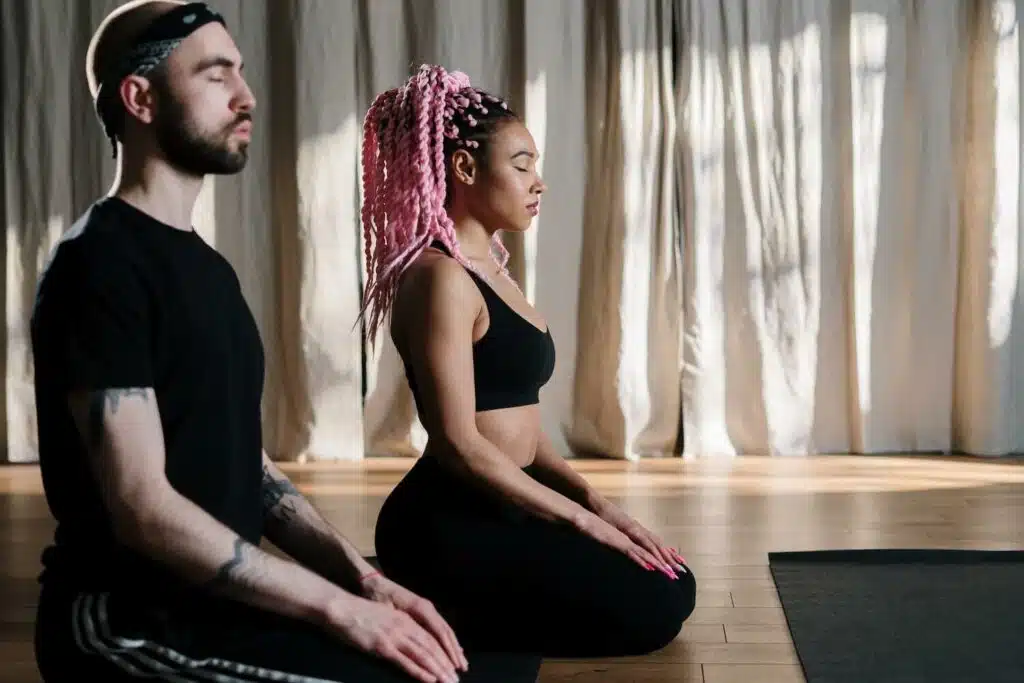
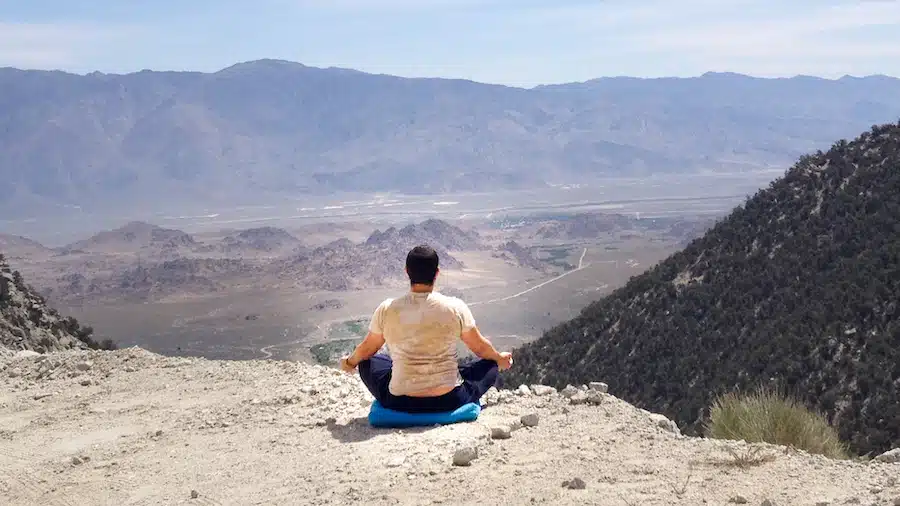
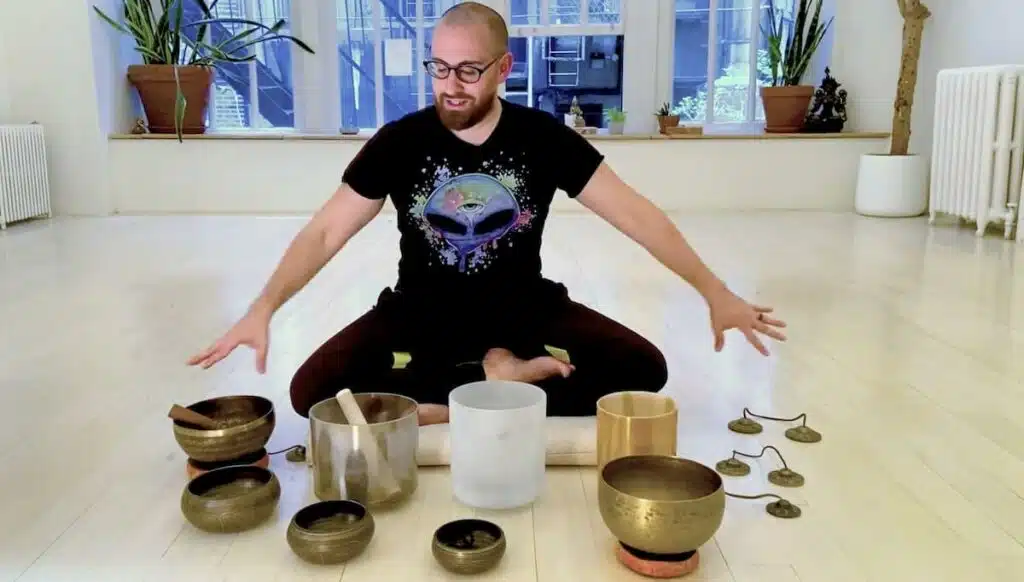
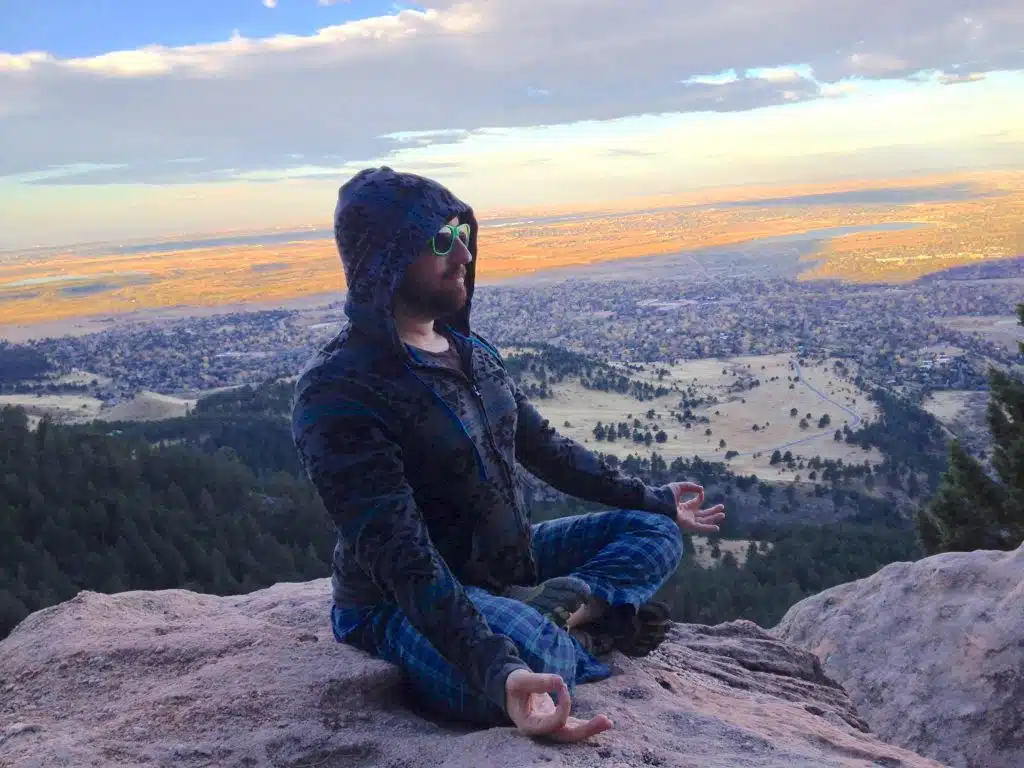
online order enclomiphene cost uk
online order enclomiphene uk order
kamagra prix en ligne
commande kamagra pour femme
cheap androxal generic androxal
discount androxal generic version
ordering flexeril cyclobenzaprine uk over the counter
purchase flexeril cyclobenzaprine without recipe
how to order dutasteride cheap online canada
online order dutasteride generic good
buying gabapentin generic prices
como se usa el gabapentin para mujeres
buy itraconazole generic in canada
order itraconazole generic from canadian pharmacy
buy fildena purchase usa
order fildena generic online usa
discount staxyn cost per tablet
buying staxyn purchase discount
comprar avodart por internet
buying avodart purchase in the uk
purchase rifaximin generic name
buy rifaximin cheap generic uk
buying xifaxan no prescription overnight delivery
buy xifaxan buy for cheap
levné obecné kamagra
žádný předpis kamagra